If you have ever been stopped by a police officer for driving recklessly or making errors on the road, one thing that they may do is ask you to take a Breathalyzer test. This is normally a request they make when they believe that you’re impaired at the time of the stop.
A Breathalyzer test is not perfect, but most of them are accurate so long as they have been properly maintained and calibrated. The test also has to be given within the guidelines set by the manufacturer.
Breathalyzer tests need to be approved by the Department of Transportation for alcohol screenings. They also have to be accurate within a specific .01% margin of error when reading .08% blood alcohol concentrations. The majority of Breathalyzers today do meet those requirements, but they still need to be tested and calibrated regularly for accuracy.
Which are the most accurate Breathalyzer tests?
The most accurate Breathalyzer tests are the fuel-cell sensor tests. These exceed the requirements of the DOT and are within the margin of error of .005% when calibrated correctly. It’s key, however, to remember that operational errors and mistakes in calibration can still negatively affect the results on any given test.
In other words: Breathalyzers may be largely accurate, but only under the right conditions. It’s always possible that the test used on you will give erroneous results.
What should you do if you’re accused of being impaired when you haven’t been drinking?
Even if the Breathalyzer test comes back negative, it is possible that the officer will still arrest you for impairment based on their observations or other reasons. If that’s the case, it’s a good idea to stay quiet and to ask for legal representation, because what you say or do next could impact your case.
Our website has more on DUI defense and what you can do if you’ve been falsely accused of a DUI.

